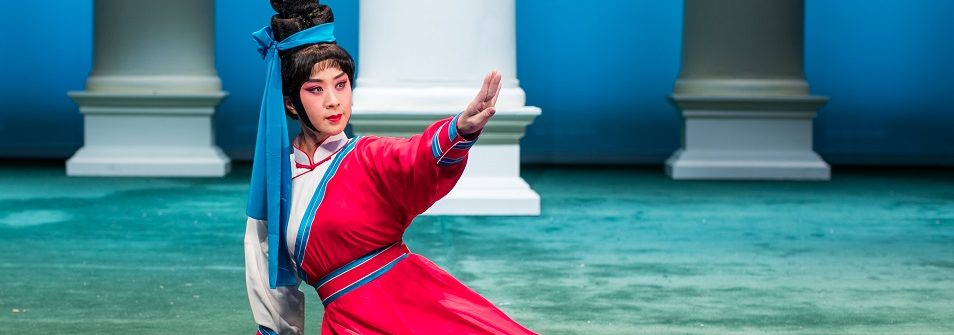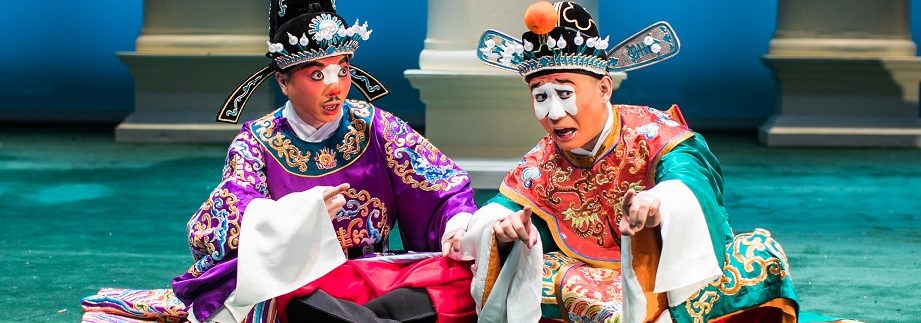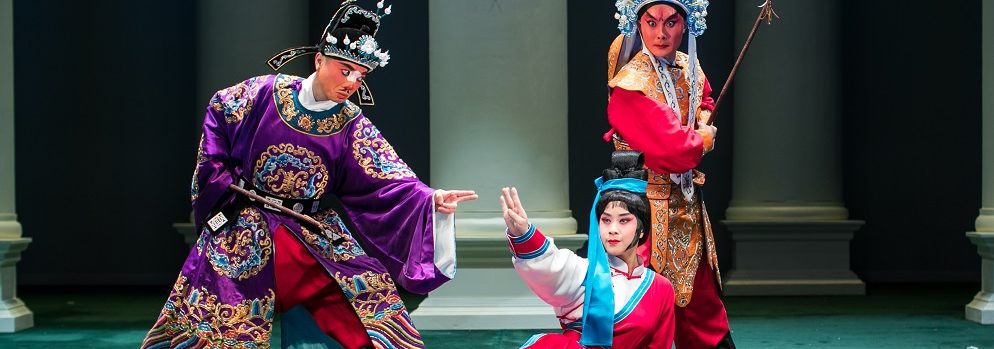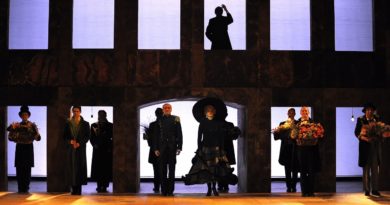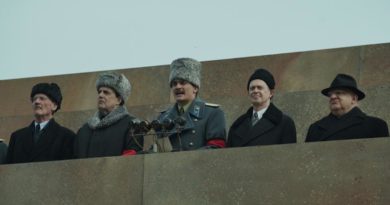Turandot: The Beijing Opera Meets the Italian Tradition
From Gozzi to Puccini, Turandot has over time become the emblem of our imagination on the great China, being the symbol of oriental exoticism par excellence.
From February 5 to 10, 2019, Marco Plini put on a play the classic of Turandot at the Argentina Theatre.
E-go Times was obviously there to assess the collaboration of Marco Plini – direction and scenes – with Wu Jiang and Wu Yuejia – dramaturgy.
For the first time, the Italian director Marco Plini proposed the fairytale of Princess Turandot in dialogue with the great tradition of the Beijing Opera: the result could only be sensational.
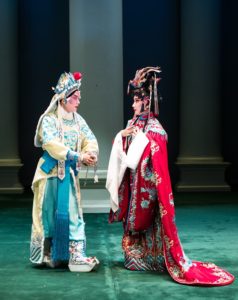
From Gozzi to Puccini, Turandot has over time become the emblem of our imagination on the great China, being the symbol of oriental exoticism par excellence.
However, Marco Plini’s reinterpretation of the classic of Turandot results in a theatrical work far distant from Puccini’s opera.
In fact, he created a magnificent play in Chinese language with surtitles in Italian.
Marco Plini succeeded in depicting this fairy tale, bringing to the stage the perfect union between Chinese and Italian tradition.
After his debut as a director with Frank Wedekind’s Risveglio di Primavera, in 2001, he continues to alternate his interest in contemporary dramaturgy with a modern reinterpretation of the classics.
Turandot is a black fairy tale made of blood, cut heads, revenge and fears.
Notoriously, Turandot is the story of a beautiful but fearsome princess: only after the suicidal gesture of the servant Liù, Turandot’s icy heart will be filled with the warm love for Calaf.
Colored by dark tones, noisy sounds and artistic gestures, the myth of Turandot takes place in a magical and enigmatic setting. As a result, the audience is captured by unthinkable plot twists.
Therefore, Turandot becomes a game between two worlds, mutually attracted and fascinated by each other. On the one hand, the supreme acting art of the Beijing Opera – a mix of acting, dance and singing; on the other hand, the Italian visionary taste, skills and knowledge in illusionistic scenes, which have become the heritage of European theatre.
The charm of the Beijing Opera is the charm of a beautiful fairy tale for children animated by emperors, princes and princesses all very respectful of their roles.
This bond is especially evident in the music written for this play: in fact, Italian and Chinese instrumentalists play together, creating an harmonic dialogue with the gestures of the Beijing Opera’s actors.
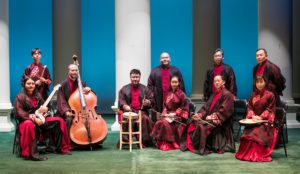
In particular, the Beijing National Opera Company was founded in January 1955, and it is a national organization under the Ministry of Culture of the People’s Republic of China.
The cultural exchange is one of the main objectives of the Company: in fact, it has performed all over the world gaining an extraordinary international reputation, promoting cultural exchanges between the Chinese people and the peoples of the entire world.
A cultural exchange that was perfectly embraced by Marco Plini’s Turandot.
_________________________________________________________________________________________________________________
Cover picture and other photos kindly provided by Amelia Realino, Ufficio Stampa Teatro di Roma.


